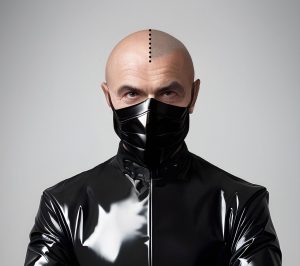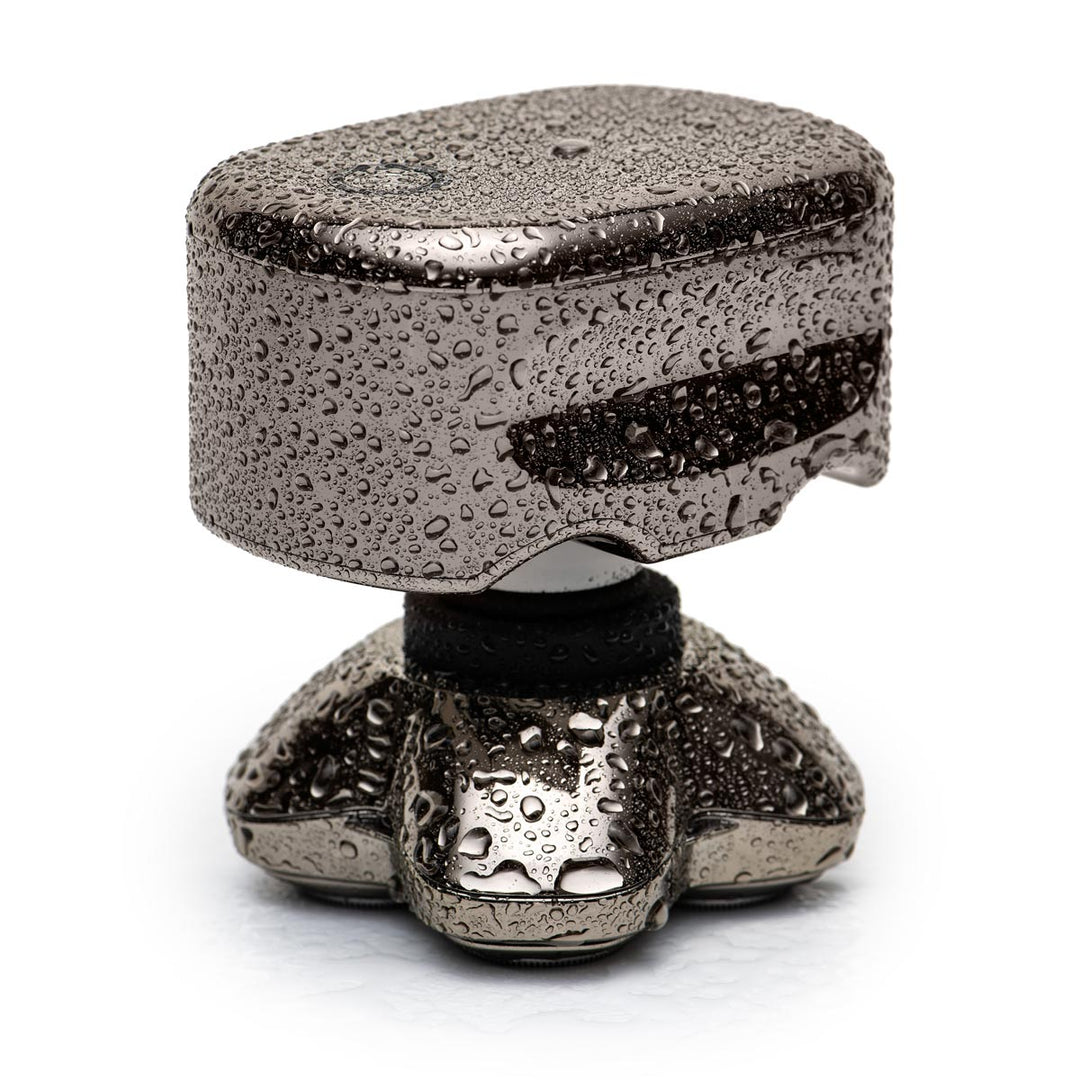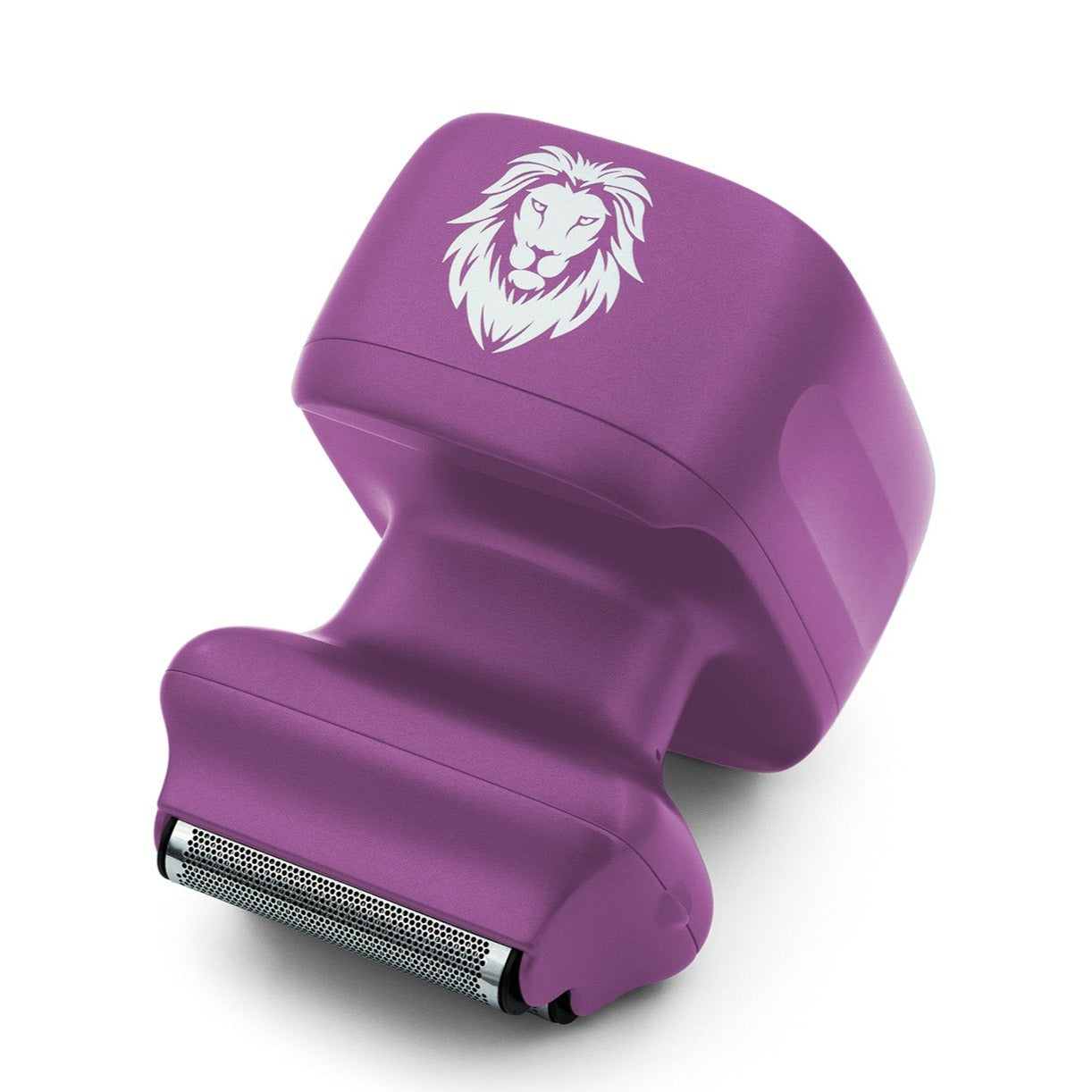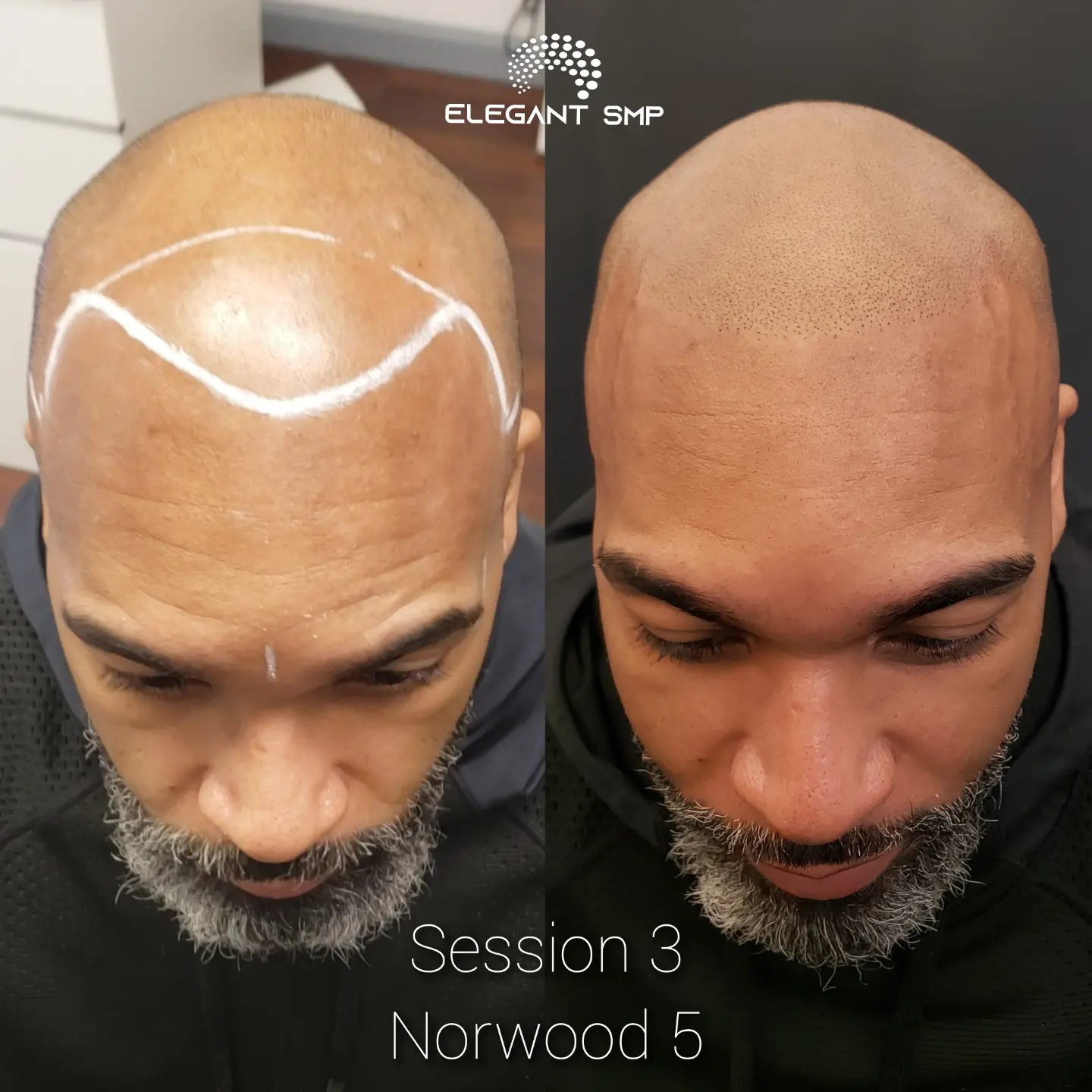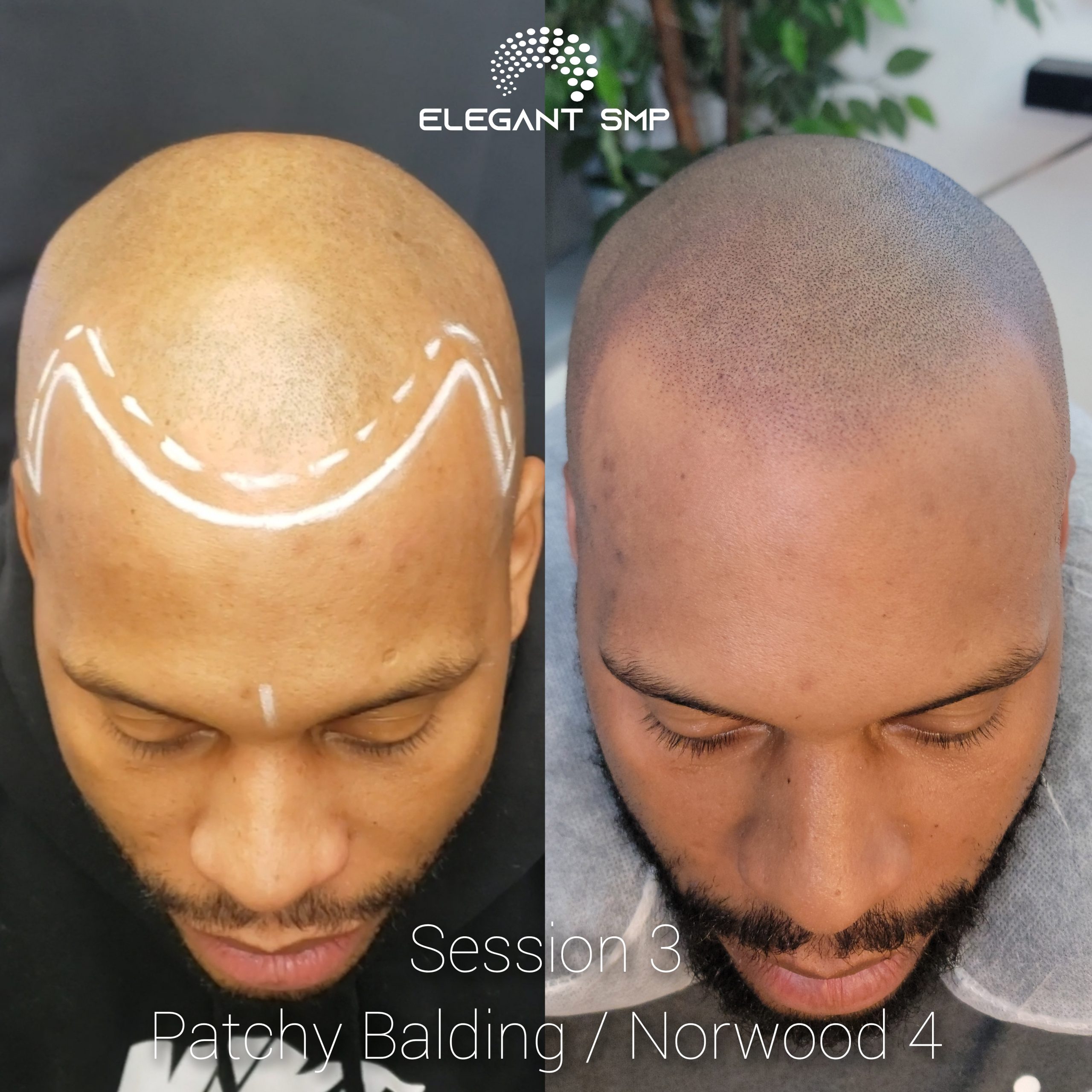In the realm of hair care and scalp health, few concerns are as universal and vexing as the issue of a dry and flaky scalp. Whether it’s the biting chill of winter or the scorching heat of summer, this condition can strike at any time of the year, causing discomfort, embarrassment, and perhaps most worryingly, a potential link to accelerated hair loss. At Elegant SMP, we understand the significance of addressing this concern comprehensively, and in this article, we delve deep into the intricate relationship between dry scalp and hair loss.
Table of Contents

The Complex Connection: Dry Scalp and Hair Loss
Dry scalp and hair loss, while not intrinsically intertwined, often share a complex and occasionally interdependent relationship. The causes of a dry and itchy scalp can be diverse, ranging from fungal infections to allergic reactions to hair products, and even inflamed hair follicles. It’s crucial to recognize that some of these underlying conditions can contribute to hair loss.
One of the less obvious connections lies in scarring on the scalp. Scar tissue can damage the nerve fibers in the skin, leading to severe itching. If a person’s hair loss has resulted in the formation of scar tissue, this itching can exacerbate the problem. Moreover, excessive scratching of a dry scalp can cause extensive damage to the skin on your scalp and hair follicles, ultimately leading to increased hair fall, along with the discomfort of bleeding and scabbing.
Unraveling the Culprits: Common Causes of Dry and Flaky Scalp
Understanding the root causes of a dry and flaky scalp is paramount in addressing the issue effectively. Here, we explore some of the primary culprits:
1. Seborrheic Dermatitis (aka Dandruff):
Often referred to simply as dandruff, this condition can create the illusion of a dry scalp, but it’s actually a result of excess oil production. Dandruff occurs when the skin produces too much oil or other secretions, or when there’s an increase in normal skin yeasts. This excess oil on the scalp hinders the shedding of dead skin cells, making them more visible in the form of flakes along the hairline.
2. Hair Products and Styling Habits:
Even if you don’t have dandruff, your choice of hair styling products or habits can contribute to a dry scalp. Certain products like gels, creams, balms, pomades, and sprays can build up on your scalp, leading to tiny flakes and itching. Some products may contain ingredients that trigger contact dermatitis, resulting in rashes due to irritation or allergies. For instance, paraphenylenediamine, a common hair dye ingredient, is known to cause skin and scalp allergies. Additionally, the frequency of shampooing plays a role; excessive shampooing can dry out the scalp, while infrequent washing can lead to oil buildup and subsequent flakiness and itching.
3. Psoriasis:
Psoriasis is a common skin condition that can manifest on the scalp, causing redness, flaking, and scaling. In contrast to dandruff, the scaliness associated with psoriasis is thicker and more pronounced. Controlling psoriasis may require prescribed medications.
4. The Food You Eat:
Surprisingly, your dietary choices can play a role in skin conditions, including dry scalp. Foods rich in carbohydrates can promote increased yeast on your scalp, leading to flakes.
Effective Strategies for Combating Dry and Itchy Scalp
Elegant SMP is dedicated to offering practical solutions for the persistent issue of dry and itchy scalps. To help you alleviate discomfort and promote a healthier scalp, we recommend the following strategies:
Massage Your Scalp:
One of the most effective and accessible methods for treating a dry scalp is through scalp massage. Gently massaging your scalp in a circular motion with your fingertips during shampooing or while applying oil can stimulate the production of natural oils and enhance blood circulation to hair follicles. This, in turn, ensures that hair follicles receive essential nutrients, fostering healthy hair growth. Using lukewarm oils during the massage can provide therapeutic benefits while addressing itchiness and soothing the scalp.
Conditioning Treatments:
In cases where the scalp is not producing sufficient natural oil (sebum), the hair may appear dull, and the scalp can become exceedingly itchy. Nourishing the scalp with a suitable treatment can provide immediate relief and address the underlying cause of dryness and itchiness. Choose a conditioning mask tailored to your hair type and leave it on for at least 20 minutes to allow it to fully penetrate the scalp. Rinsing your hair with cool water afterward can help seal in maximum moisture. Incorporate this routine into your hair care regimen at least once a week for optimal results.
Drink Plenty of Water:
Dehydration can affect not only the skin on your face and body but also your scalp. Ensuring adequate hydration is crucial for maintaining scalp health. Dehydrated individuals may notice dryness on their scalps, and it’s essential to recognize that the scalp is often exposed to direct sunlight and other external elements that can contribute to dryness. The general guideline is to consume six to eight glasses of water per day for optimal hydration, though individual needs may vary based on climate and activity levels.
Switching Shampoo and Hair Products:
Be mindful of your shampooing habits and the products you use on your hair. Shampooing too frequently can dry out the scalp, while harsh products containing alcohol can exacerbate dryness. Consider using a product with a gentle formula designed for dry hair and minimize the use of heated hair styling tools and hair dryers. High-quality styling products can create a protective barrier over the hair shaft, resulting in softer, shinier, and smoother hair.
Better Diet:
Nutrition plays a pivotal role in supporting skin health, and an imbalanced diet can contribute to dry scalp. Ensure your diet is rich in key nutrients necessary for healthy skin and hair follicles:
- Zinc: Essential for tissue growth and repair throughout the body, including hair, skin, teeth, and nails.
- Vitamin A: Supports the maintenance and function of skin cells and can help alleviate dry scalp.
- Omega-3 Fatty Acids: A deficiency in these fatty acids can lead to dry skin and poor blood circulation, both common factors in dry scalp.
Additionally, limiting sugar intake is advisable, as excessive sugar consumption can exacerbate dandruff, contributing to excessively dry scalp.
Using Coconut and Tea Tree Oil:
Both coconut oil and tea tree oil are renowned for their moisturizing and therapeutic properties. Coconut oil, when applied to the hair, helps restore lost moisture, effectively addressing excessive dryness. It also possesses antibacterial and antifungal properties. Combining tea tree oil with coconut oil and applying the mixture to your hair can stimulate blood circulation to hair follicles and the scalp, facilitating the supply of essential nutrients. Between regular hair washes, this oil mixture can act as a protective barrier, sealing in moisture and ensuring hair remains soft and shiny. Some individuals prefer using warm coconut oil as a scalp treatment, applying it directly to the hair before shampooing. This natural approach is not only effective but also a healthier alternative to many commercial products on the market.
Seeking Professional Guidance
Should you notice a significant increase in hair loss or find that your dry scalp persists despite home remedies, Elegant SMP encourages seeking professional advice. Consulting a dermatologist can provide valuable insights and potentially lead to the use of medicated shampoos or treatments tailored to your specific condition.
Conclusion
In conclusion, the relationship between dry scalp and accelerated hair loss is a complex one, rooted in various factors. Elegant SMP is committed to helping individuals address the discomfort and potential hair loss associated with dry scalps. By adopting a holistic approach, incorporating practical strategies, and seeking professional guidance when needed, you can effectively combat dry and itchy scalp issues, promoting overall scalp health and the vitality of your hair.
Here at Elegant SMP in Buffalo, NY, we understand the emotional impact of hair loss and we’re committed to helping you regain your confidence. Our owner, Tommy T., has experienced the life-changing benefits of scalp micropigmentation treatment himself and is on a mission to help others facing similar challenges.
If you are content with your current hair loss situation, kudos to you! But if you yearn for a change, tired of hiding bald patches, failing hair growth remedies, or merely looking to restore your hairline’s former glory, then it’s time to consider scalp micropigmentation.
With our specialized faded hairline technique, Tommy and his team provide the desired hair illusion without the daily hassle of hair loss routines to our clients. Our goal is to help you feel good about your hair loss situation, one hair follicle impression at a time. For a consultation or personalized advice, reach out to us today.
While you’re in beautiful Buffalo, NY, make sure to take a peek at our recommended places to visit. Embrace your journey to a healthier scalp, fuller hair with Elegant SMP, and explore the wonders of our unique city. All in one go!




